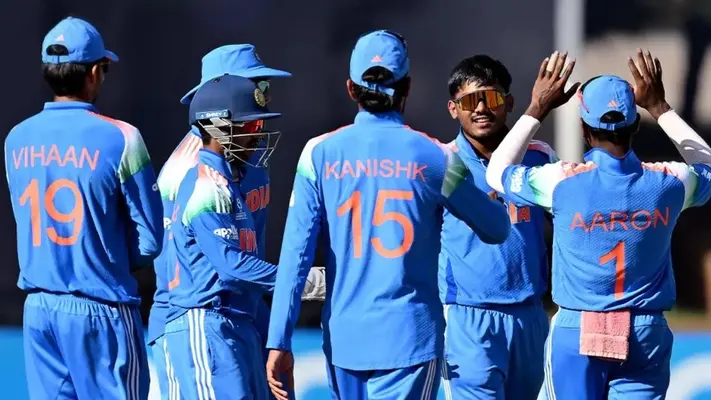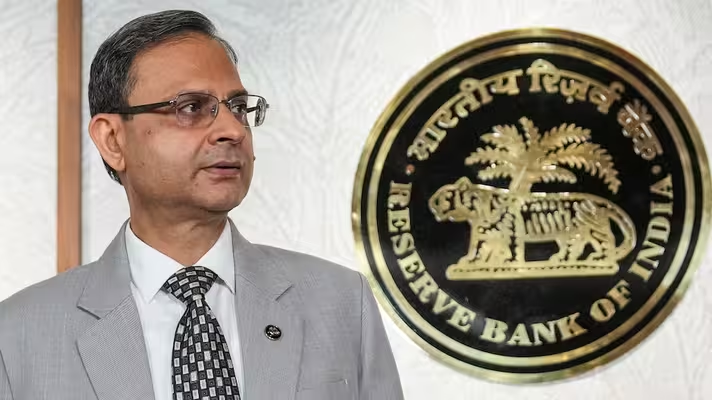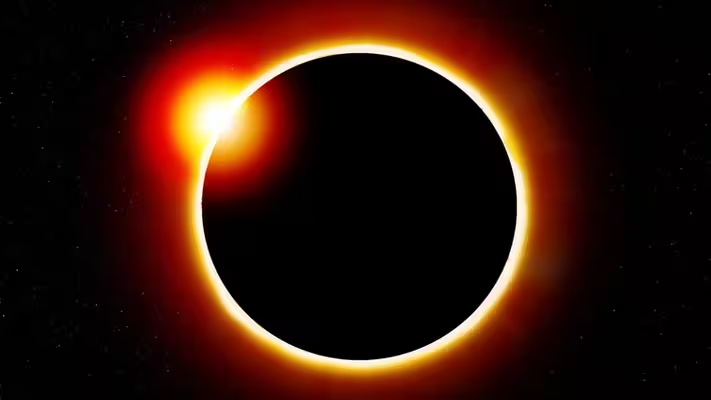All you need top know about the Mastermind of Pulwama Attacks, Masood Azhar and how China has been protecting the Terrorist
When Jaish-e-Mohammed chief Masood Azhar emerged from years of seclusion in January 2014 to call for the resumption of jihad against India, alarm bells went off in New Delhi.
Since then, Azhar’s group has been blamed for some of the most brazen and devastating terrorist assaults in India, including the September 2016 attack on an Indian Army facility at Uri that killed 19 and Thursday’s suicide car bombing on a security forces convoy that claimed the lives of at least 43 troopers.
After remaining mostly confined to his base at Bahawalpur in Pakistan’s most populous province of Punjab for years, Azhar addressed a rally of his jihadi supporters at Muzaffarabad, the capital of Pakistan-occupied Kashmir, on January 26, 2014. Even then, he wasn’t seen in public — Azhar made the speech over phone.
The message, however, went out crystal clear. “There are 313 fidayeen in this gathering and if a call is given, the number will go up to 3,000,” he was quoted as saying at the time, as he called for the resumption of the so-called “holy war” against India.
The rally, attended by thousands, was ostensibly organised to launch a book by Mohammed Afzal Guru, a Kashmiri hanged for his role in the 2001 attack on India’s Parliament, which too was blamed on the JeM and the Lashkar-e-Taiba.
Such a massive gathering couldn’t have been organised within PoK without the sanction of Pakistan’s all-powerful military, experts said at the time. Azhar’s comeback was followed by an uptick in fund-raising and recruitment by JeM in Pakistan’s Punjab province and louder anti-India rhetoric by the group’s leadership.
Many in India’s security and foreign policy establishment haven’t forgotten the ignominy of watching Azhar create the JeM after he was released in 1999 from an Indian prison along with two other terrorists in exchange for the passengers of an Indian airliner hijacked by Pakistan-backed operatives from Kathmandu to Kandahar.
JeM was banned in Pakistan in 2002 by then president Pervez Musharraf but it has continued its activities virtually unfettered in recent years and it has continued to publish jihadi literature such as the “Zarb-e-Momin” newspaper. The group was among terror organisations cited by India and its Western allies when they pressed the Financial Action Task Force (FATF) to put Pakistan on a “grey list” for failing to crack down on terror financing.
Even more worrying for India has been the blocking by China of efforts by New Delhi and several Western governments to sanction Azhar at the UN Security Council. Since 2016, China, a veto-wielding member of the Security Council, has used what is known as a “technical hold” to stymie efforts by countries such as India, the US, Britain and France to sanction Azhar under Resolution 1267 for his links with al-Qaeda.
Leading strategic affairs analyst Brahma Chellaney said China had persisted with this course of action as it could use Azhar as leverage without any cost and because India “had not done anything in response”. He said, “In a sense, the deaths of the CRFP men in Thursday’s attack can be laid at the door of China, because it is protecting Pakistan and the man in-charge of JeM.”
“There is absolutely no cost for China in continuing with this exercise and the Indian side doesn’t speak up on this issue,” he said, adding India should also tread cautiously on the JeM’s claim for Thursday’s attack through a video featuring the purported bomber.
“This claim could have been made to deflect attention from the LeT, which is an extension of the Inter-Services Intelligence. The JeM is sometimes used as a diversion,” he added.




